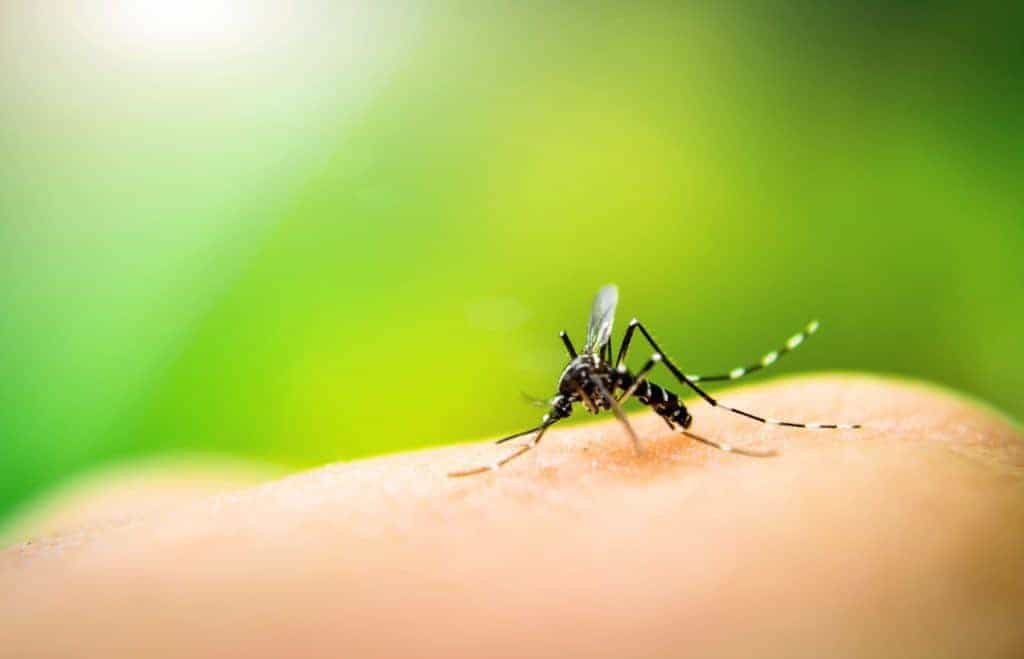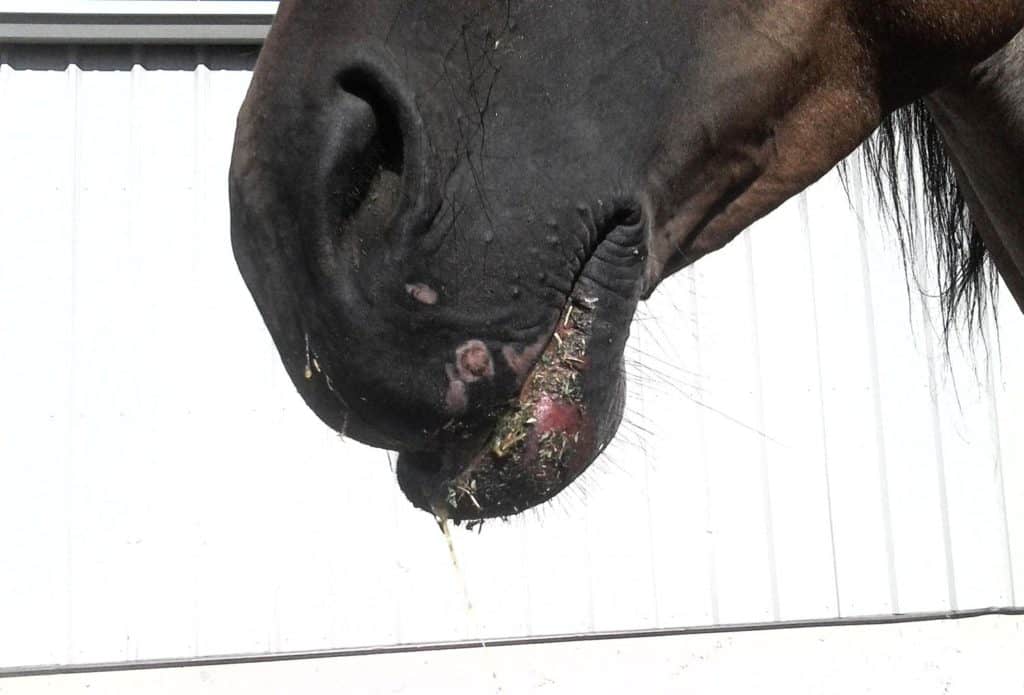
10 R. equi Resources on TheHorse.com
Rhodococcus equi is the most serious cause of pneumonia in 1- to 4-month-old foals. Learn more about this potentially deadly pathogen and how to protect your foals with these resources on TheHorse.com.
Horse-health-problem risk factors, prevention, diagnosis, and treatment

Rhodococcus equi is the most serious cause of pneumonia in 1- to 4-month-old foals. Learn more about this potentially deadly pathogen and how to protect your foals with these resources on TheHorse.com.

This is the state’s second and Brevard County’s first equine WNV case of 2019.

A Spokane County horse tested positive; nine additional horses have been exposed.

Michigan counties affected by Eastern equine encephalomyelitis now include Barry, Lapeer, Kalamazoo, and St. Joseph.

Horses from five counties are affected.

The affected horse resides in Merced County.

To protect horses and other livestock in Ohio, the state is not allowing the import of horses from counties with confirmed and suspected cases of the highly contagious vesicular stomatitis virus.

Here’s the most recent vesicular stomatitis virus update from the USDA.

A new study looks at age as a predisposing factor for post-operative nasogastric reflux and mortality.

More than four hours without feed is fasting for a horse and can lead to issues. The solution for evening feeding? Slow feeders extended nighttime “grazing” time by 95-105%, researchers observed.

Here’s how to react if your horse consumes feed designed for another animal.

The diagnosis marks the state’s third confirmed EEE case for 2019.

The 25-year-old Swift County mare had no documented history of WNV vaccination.

All horses were unvaccinated, and all were euthanized.

The horse, which had been rescued six weeks prior to presentation, had an unknown vaccination history.

The diagnosis of an unvaccinated yearling colt is the state’s first EEE case since 2013.
Stay on top of the most recent Horse Health news with
"*" indicates required fields